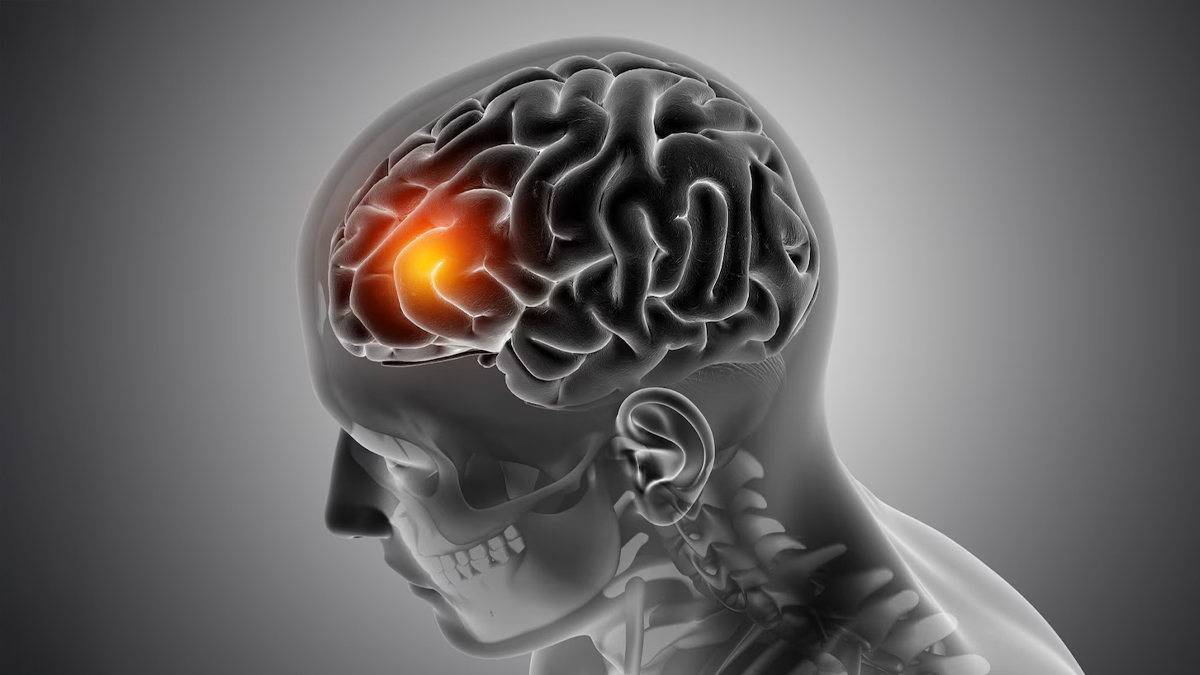
Personality changes are often seen as harmless mood swings or temporary phases that come and go. But they aren’t always so benign. Sometimes, a sudden shift in how a person behaves, feels, or interacts with others could point to something more serious like a brain disorder.
Table of Content:-
While we often attribute irritability, social withdrawal, or unusual behaviour to stress or ageing, these symptoms can be early indicators of underlying neurological conditions. On this World Brain Day 2025, celebrated every year on July 22, Dr Gajendra Singh Sandhu, Consultant - Neurosurgery, Manipal Hospital, Ghaziabad, helps us recognise the difference between temporary emotional changes and persistent personality shifts while also sharing treatment strategies.
Also Read: 7 Brain Disorders That Totally Mess With Your Perception of Reality
Can A Personality Change Be A Sign Of Brain Disorder?

According to Dr Sandhu, a sudden or gradual change in an individual’s personality may in fact indicate a deeper issue with the brain. This suggests that the brain regions responsible for behaviour, emotion, or reasoning might be damaged after a brain injury or disease.
Personality changes can even be the first sign that something’s not quite right in the brain. Conditions like traumatic brain injury, dementia, or even brain tumours can lead to noticeable shifts in how a person behaves, reacts emotionally, or interacts with others. These changes typically depend on the location and severity of the brain damage, and may also be influenced by the individual’s original personality traits.
A 2017 study published in The Journal of Neuropsychiatry and Clinical Neurosciences showed that when certain parts of the brain, especially the frontal lobes, are affected by disease or injury, it can lead to noticeable changes in someone’s personality. People might become unusually withdrawn or emotionally blunt or start acting in ways that seem out of character or socially off.
Another study published in the same year found that not all personality changes after brain injuries are negative. While many people associate brain damage with mood swings or irritability, the study showed that some patients actually experienced positive shifts, like improved social behaviour or emotional balance, after events like a stroke or tumour removal. These changes were linked to damage in specific areas of the brain, particularly the frontal regions.
Common Types Of Brain Disorder Associated With Personality Changes

“Change in personality can be caused by dementia, including Alzheimer’s disease and frontotemporal dementia, brain tumours, strokes, traumatic brain injuries, and infections such as encephalitis,” shares Dr Sandhu, adding that psychiatric disorders like depression, bipolar disorder, and schizophrenia can lead to changes in behaviour too.
Also Read: What Is Face Blindness? Know All About This Brain Disorder
Warning Signs To Watch Out For
Personality changes that take place in people with a brain disorder can vary from patient to patient. Some of the key warning signs include:
- Heightened anger
- Increased worry
- Social withdrawal
- Lack of concern
- Impulsive decision-making
- Socially unacceptable behaviour
- Memory impairment
- Disorientation
- Speech difficulties
- Motor coordination problems
- Visual/auditory hallucinations
When To See A Doctor?

Dr Sandhu recommends accessing medical services “when there is a notable and rapid change in personality or behaviour that exacerbates activity limitation.”
“This is especially critical when the changes involve brain-related symptoms such as disorientation, convulsions, or speech difficulties,” he adds.
How Is The Treatment Decided?
Treatment for people with brain disorders can vary depending on the type of brain injury or disease they have. Dr Sandhu notes, “Your condition will determine the necessary procedures. Treatment is guided by the results of a comprehensive medical evaluation, which may include imaging studies like MRI or CT scans, a neurological examination, and sometimes even a psychiatric evaluation.”
According to him, therapies such as occupational therapy may be used to treat the condition. Disorders requiring medication or therapy may also need surgery.
Conclusion
Sudden personality changes should never be dismissed as mere mood swings, especially when they are sudden, persistent, or out of character. These can be the brain's way of telling you that something is not right, signalling conditions that range from dementia and brain tumours to strokes and psychiatric disorders.
Timely medical attention and proper evaluation are key to identifying the root cause and starting the right treatment. On this World Brain Day 2025, let’s raise awareness about the often-overlooked signs of brain disorders and encourage open conversations around mental and neurological health.
Also watch this video
How we keep this article up to date:
We work with experts and keep a close eye on the latest in health and wellness. Whenever there is a new research or helpful information, we update our articles with accurate and useful advice.
Current Version